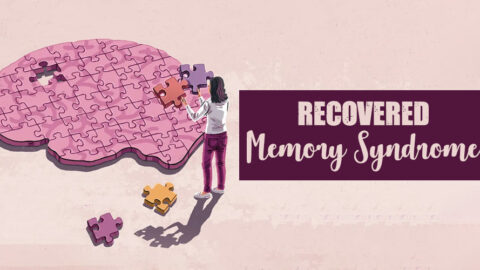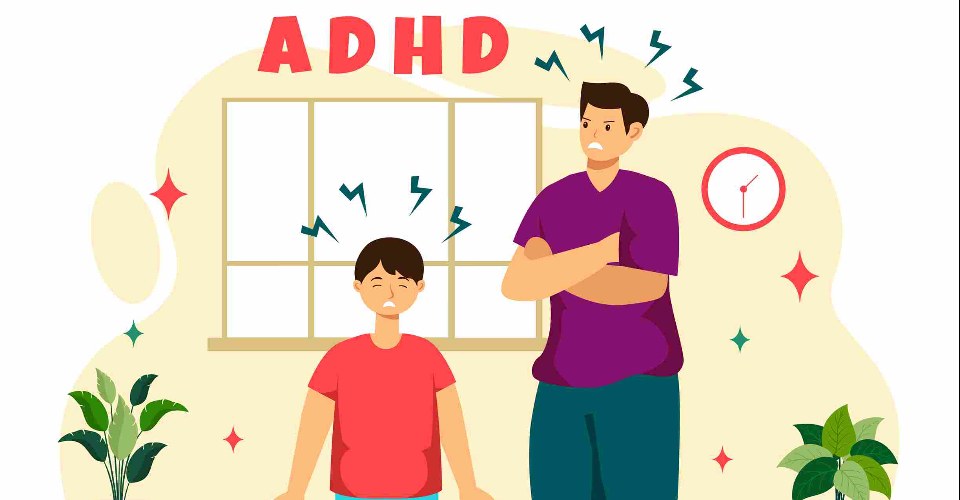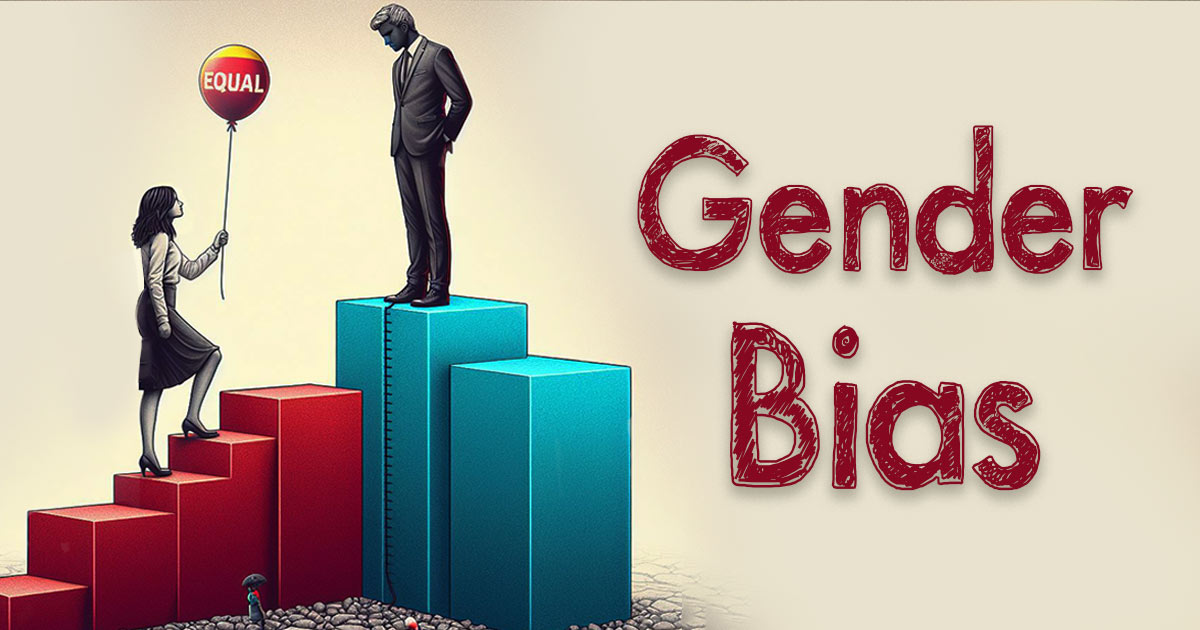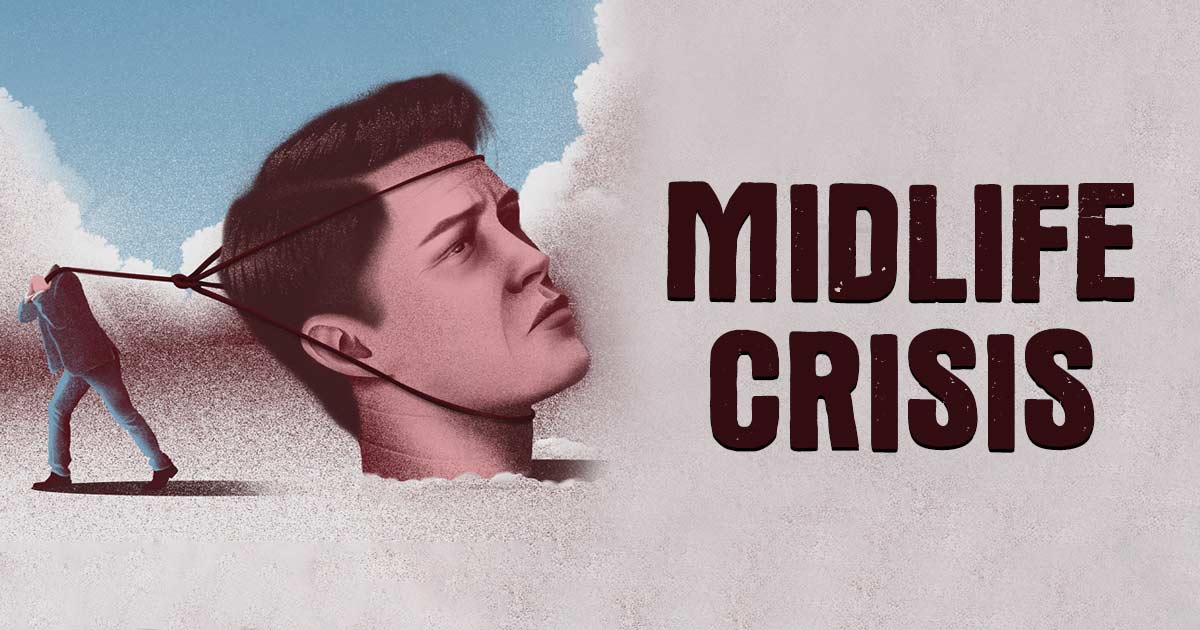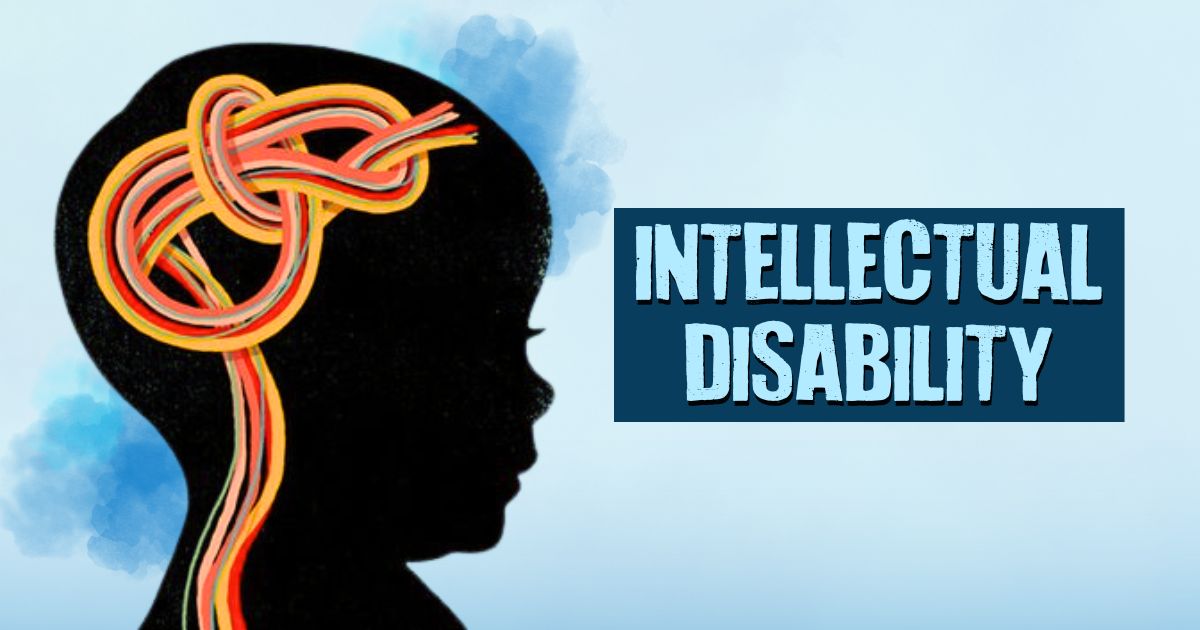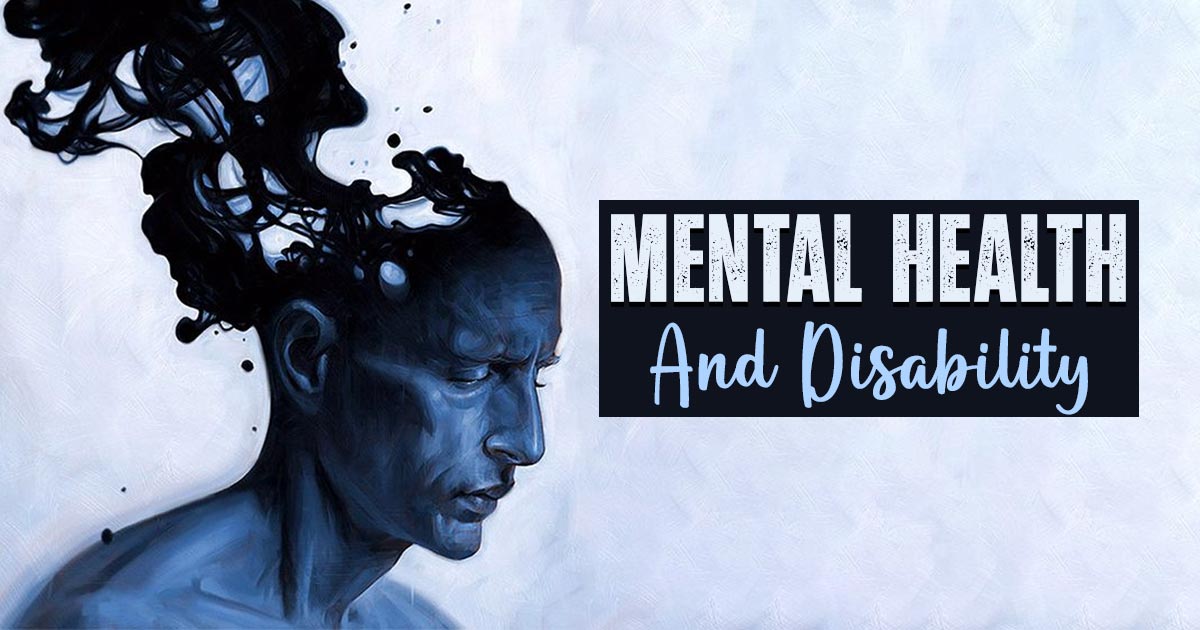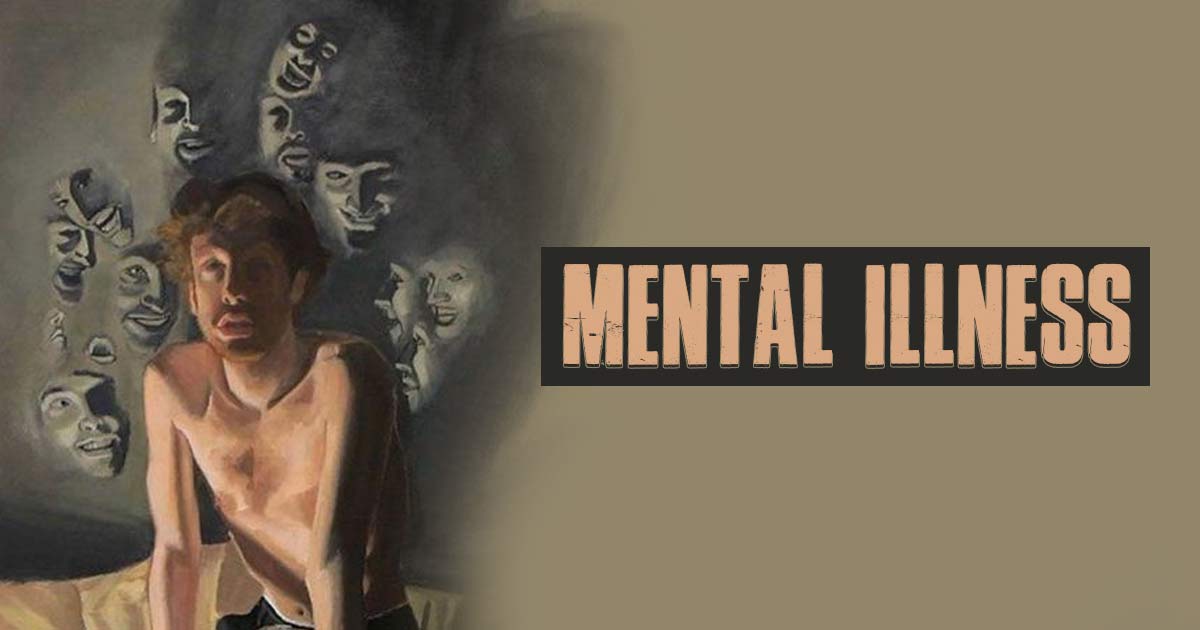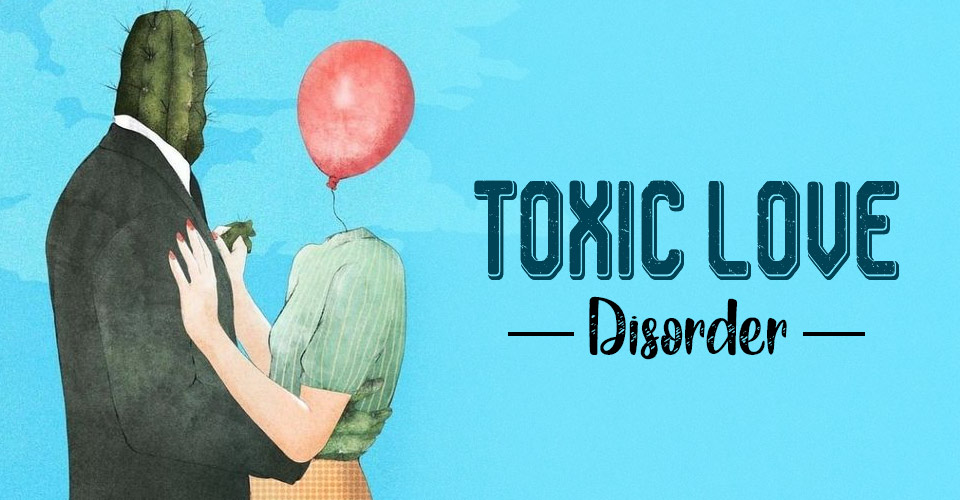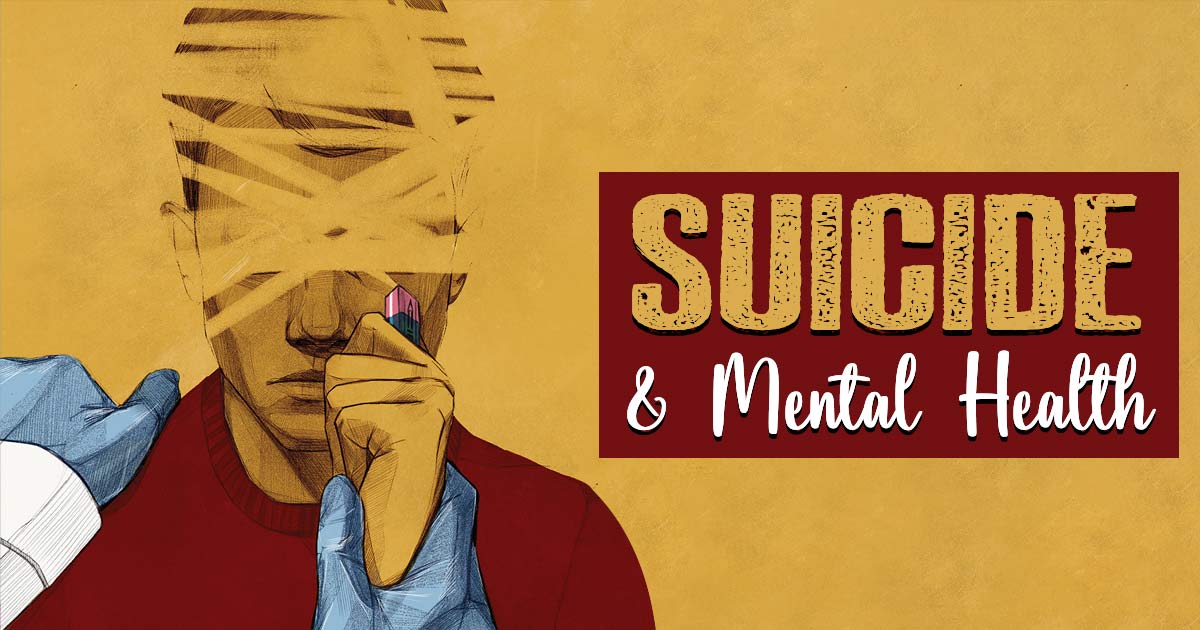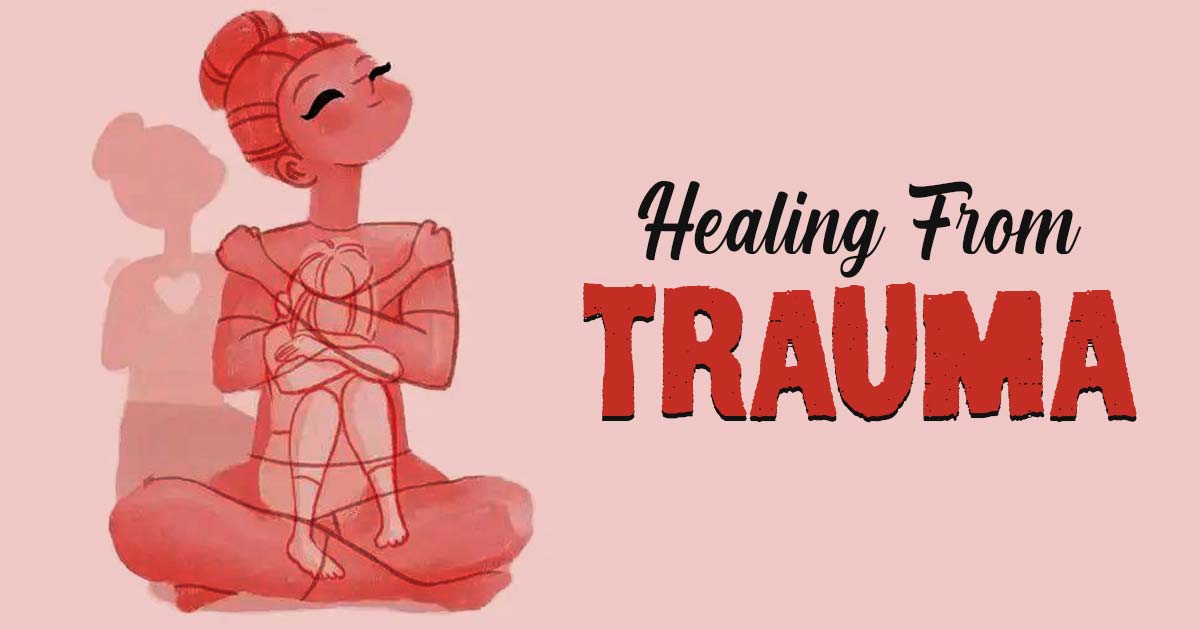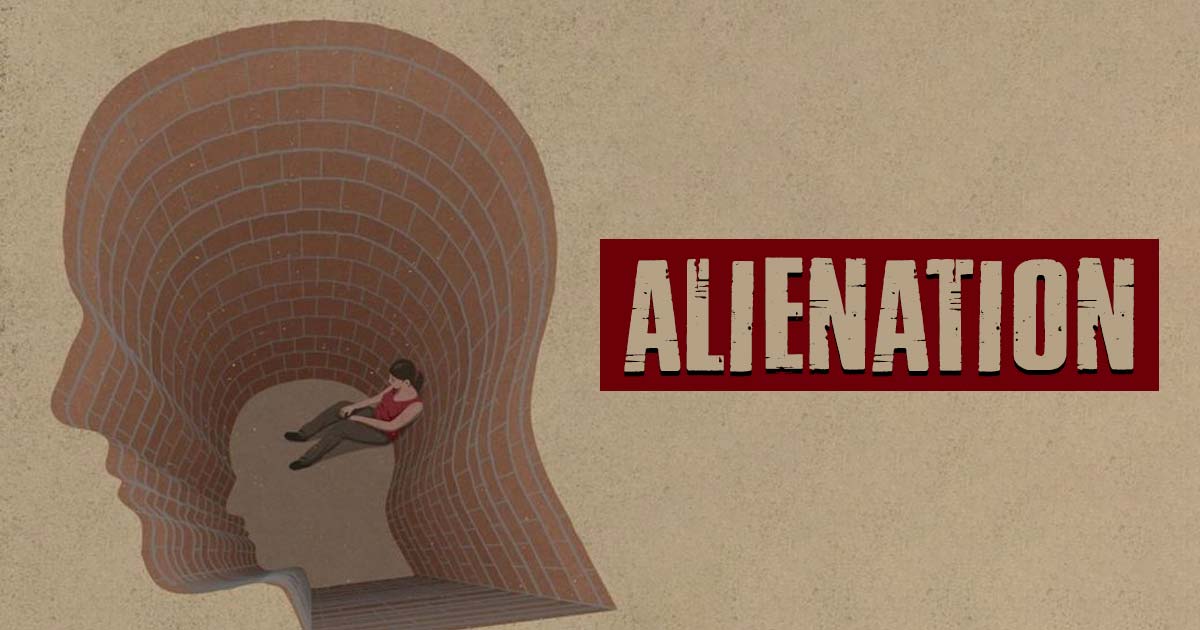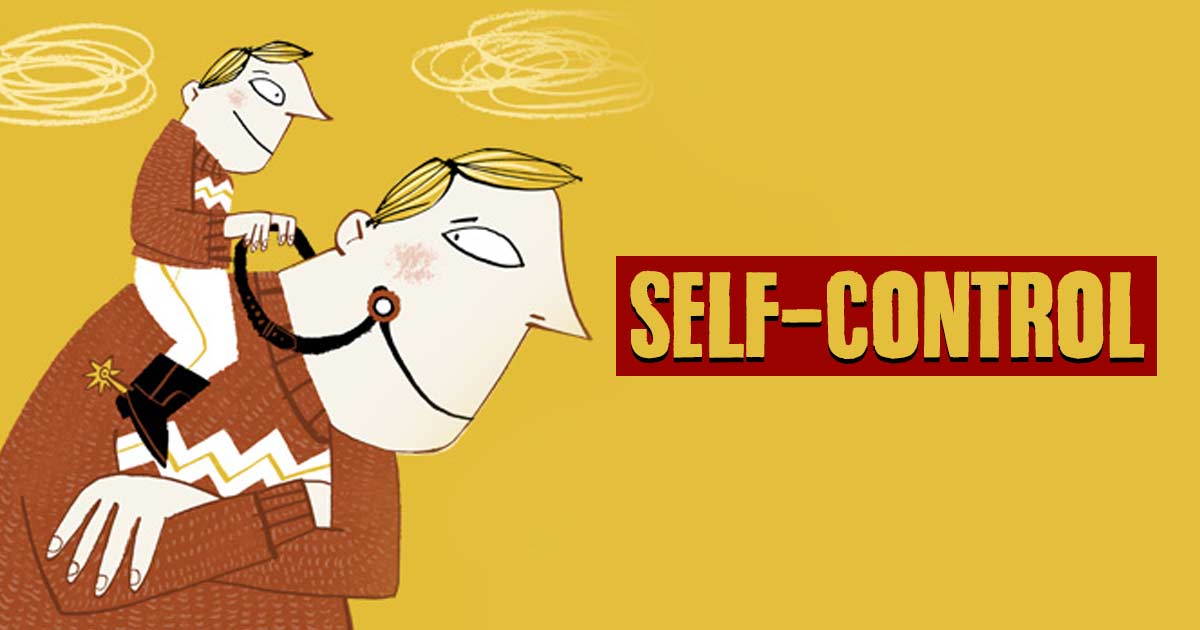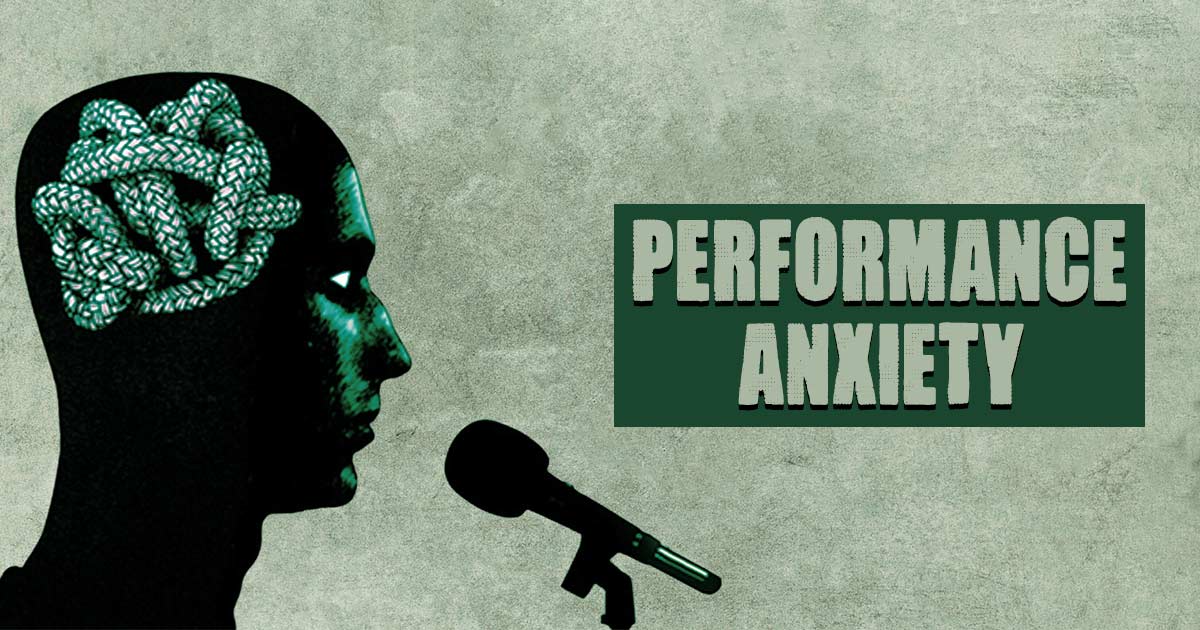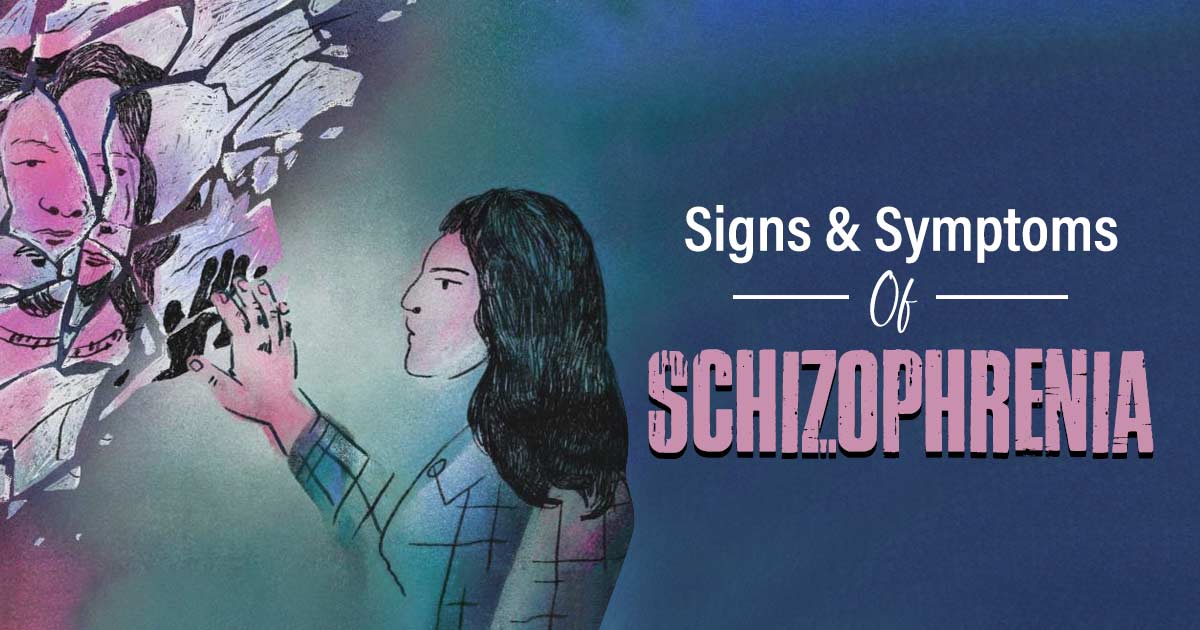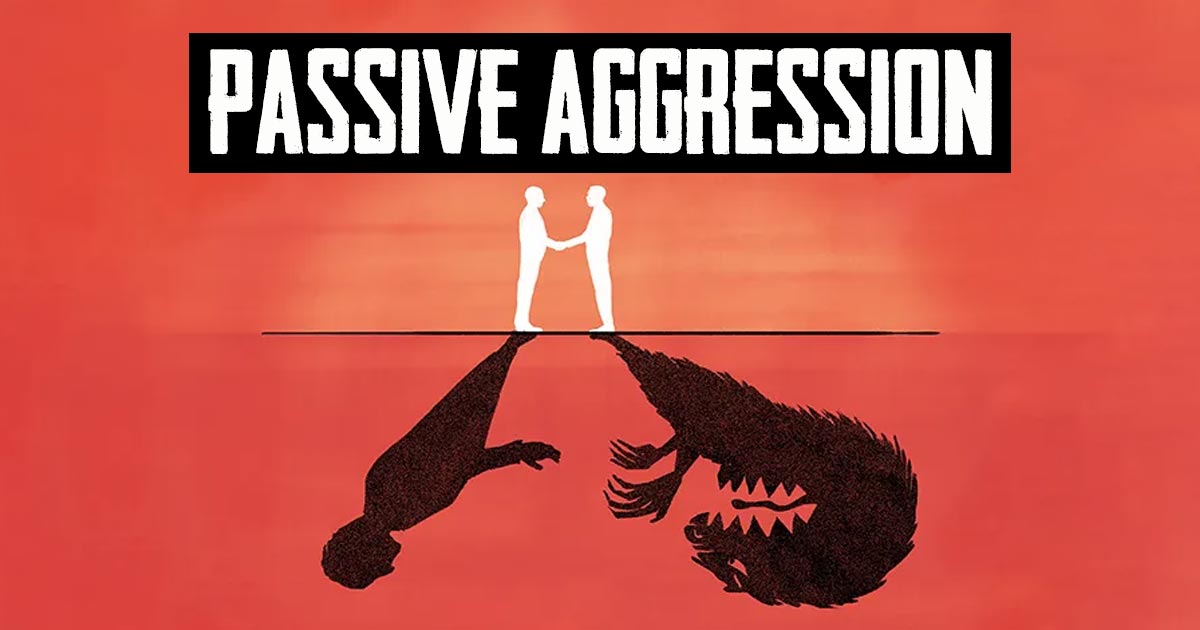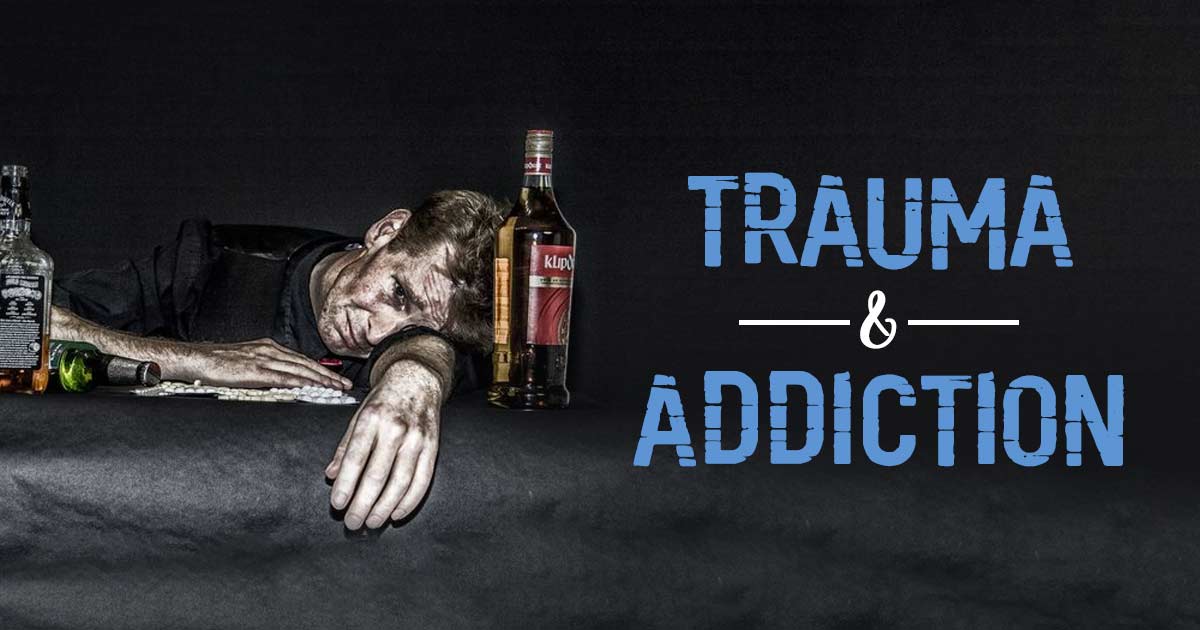Recovered memory syndrome is a condition that is defined by the recollection of memories that may seem real in the mind of the person but actually, is the fabrication of the mind, in part or in whole. Most of these memories are harmless, however, some may cause serious consequences.
What Is Recovered Memory Syndrome?
Recovered memory syndrome 1 McElroy, S. L., & Keck, P. E. (1995). Recovered memory therapy: False memory syndrome and other complications. Psychiatric Annals, 25(12), 731–735. https://doi.org/10.3928/0048-5713-19951201-09 , also known as false memory syndrome, pseudo memory, and memory distortion, is a condition prevalent among adults. This mental health disorder is defined by a series of experiences where the concerned person appears to remember events that have never occurred in reality. These pseudo memories or false memories are usually very strong and emotionally charged, especially among those who have experienced acts of abuse or violence committed against them during childhood.
In other words, recovered memory syndrome is the act of remembering events that seem real in your mind but is fabricated in part or in whole. An example, a person may think or believe that he/she had started the washing machine before leaving for work, only to come home and find that he did not do anything of sorts.
It must be noted that the majority of false memories aren’t malicious or even purposely hurtful. These memories are basically shifts or reconstructions of memories that do not align with the true events. However, some false memories can result in consequences leading to a court or legal setting where false memories may condemn someone wrongfully.
False memory differs from simple memory errors. In normal cases, most of us are prone to memory fallibility, however, false memory is more than a simple mistake. False memories are unique as the condition is marked by the distinct recollection of something that did not actually happen. It is not about confusing details of one event with another that we have experienced, it is about remembering things that have never actually happened in the first place.
Read More About False Memory Here
Types Of Recovered Memory Syndrome
According to a study, 2 Geraerts E. (2012). Cognitive underpinnings of recovered memories of childhood abuse. Nebraska Symposium on Motivation. Nebraska Symposium on Motivation, 58, 175–191. https://doi.org/10.1007/978-1-4614-1195-6_6 , recovered memories of childhood sexual abuse have displayed at least two types of recovered memory experiences. First, those that gradually recover within the context of suggestive therapy and those that spontaneously recover, without extensive prompting or explicit attempts to reconstruct the past. Such recovered memory experiences have different origins.
People who recover memories through suggestive therapy are prone to forming false memories, while people who spontaneously recover memories are more prone to forgetting prior instances of remembering. Additionally, these two types of recovered memory experiences are associated with different supporting pieces of evidence, suggesting that memories recovered spontaneously without any therapy, are more likely to correspond to genuine abuse events.
Causes Of Recovery Memory Syndrome
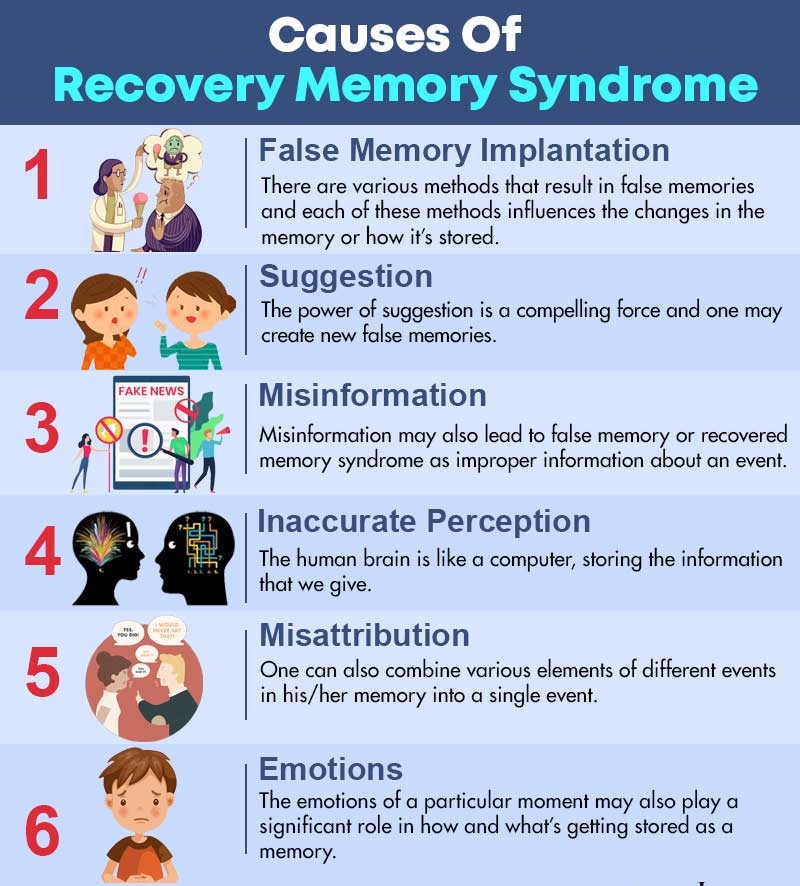
Memories are complicated and while some of us may see it as a black or white element, in reality, memories are subject to change, flexible, and are often unreliable. Events shift from the brain’s temporary memory to permanent storage while one sleeps. The transition, however, isn’t absolute and elements of the consciousness may get lost. This is where false memories can begin.
1. False Memory Implantation
There are various methods that result in false memories and each of these methods influences the changes in the memory or how it’s stored. It may be difficult to understand which of these issues are causing false memories in someone, however, knowing the issues may help one to understand why false memories are so common.
2. Suggestion
The power of suggestion is a compelling force and one may create new false memories if he/she is prompted to answer a question that is asked.
For example, if a person asked whether the bank robber was wearing a red mask, at first, he/she may say yes, however, quickly say in some time that the robber was wearing a black mask. In reality, the robber probably wasn’t wearing any mask but the suggestion basically planted a memory that wasn’t real.
3. Misinformation
Misinformation may also lead to false memory or recovered memory syndrome as improper information about an event may convince a person that it actually did occur. One can also create a new memory or combine real memories with artificial ones.
4. Inaccurate Perception
The human brain is like a computer, storing the information that we give. Thus, if one gives it a negative message about an event, the brain will store it as a negative message, thereby, leaving gaps that one can fill later with his/her own created recollections.
5. Misattribution
One can also combine various elements of different events in his/her memory into a single event. Thus, when a person will recall the events, he/she will be recalling events that have actually happened, however, the timeline will be jumbled or confused with a collection of events forming a single memory in his/her mind.
6. Emotions
The emotions of a particular moment may also play a significant role in how and what’s getting stored as a memory. According to a study 3 Doss, M. K., Picart, J. K., & Gallo, D. A. (2020). Creating emotional false recollections: Perceptual recombination and conceptual fluency mechanisms. Emotion (Washington, D.C.), 20(5), 750–760. https://doi.org/10.1037/emo0000590 , negative emotions lead to more false memories than positive or neutral emotions.
Recovered Memory Syndrome And Social Anxiety Disorder
As per a study, recovered memory syndrome or false memory is assumed to be connected to social anxiety disorder (SAD). Since recovered memory syndrome or false memories refers to distortions or illusions of memory, it was observed that the level of emotional instability and mismatch significantly conflicts in a greater number of false memories, which are also present in anxiety disorders.
Among all the anxiety disorders, recovered memory syndrome is associated with Social Anxiety Disorder (SAD) 4 Palma, Priscila & Neufeld, Carmem & Brust-Renck, Priscila & ROSSETTO, CAROLINA & Crippa, Jose. (2017). False memories in social anxiety disorder. Archives of Clinical Psychiatry (São Paulo). 44. 113-116. 10.1590/0101-60830000000133. , defined by a marked and persistent fear of social gatherings where an individual might feel ashamed, being afraid of taking any step that might result in humiliation and embarrassment. The social exposure triggers anxiety, interfering significantly in the individual’s life. It is assumed that the 12-month prevalence of SAD is 6.8% for the adult population, one of the most common psychiatric disorders with a lifetime prevalence of 12%.
Additionally, due to lack of attention in social gatherings owing to fear and anxiety, memory selectivity arises and individuals with SAD tend to doubt their memories, interpreting vague memories of social events in a less positive way, compared to those without SAD. One of the reasons that may jeopardize the reliability of an individual’s memory is the belief that other people have a better memory. SAD appears to be directly related to the fear of being refused in social situations.
Individuals with a chronic level of poor adjustment skills and emotional imbalance, notably insecure and inadequate, seem to get easily influenced and sensitive to mnemonic distortions, such as false memories. Studies have also shown that individuals with psychosocial maladjustment produce more false memories. Similarly, longing for social interaction has been recognized as a predictor of false memory for lists of semantically related words.
Read More About Anxiety Here
Case History Of Recovered Memory Syndrome
A study of 1996 5 Brady, E. (1996). False Memory Syndrome: ” The Female Madaly “. Schulich Law Scholars. https://digitalcommons.schulichlaw.dal.ca/cgi/viewcontent.cgi?article=1062&context=djls describes two incidents of recovered memory syndrome, both involving women as the center of the incident.
The first case is about a nineteen-year-old young woman who had claimed that her father had sexually assaulted her during her childhood. However, on June 22, 1994, Justice Hanssen of the Manitoba Court of Queen’s Bench dismissed the claim as the allegations were primarily based on repressed, but recently recovered, memories of the abuse.
The defense of false memory syndrome was led and expert testimony was led with respect to the syndrome. Hanssen J. wrote that while the complainant honestly believed recovered memories to be true, she was suffering from delusions. Considering the fact that the accused “would suffer a great stigma in the community” as a result of being charged with sexual abuse, the trial judge added that in his view, the violations had never occurred and were “merely fragments of [the complainant’s] mind”.
In another case 6 Sheila F. Rock, A Claim for Third Party Standing in Malpractice Cases Involving Repressed Memory Syndrome, 37 Wm. & Mary L. Rev. 337 (1995), https://scholarship.law.wm.edu/wmlr/vol37/iss1/12 , a California man who was accused of raping his daughter, sued her psychotherapists based on the allegations that she had implanted false memories of childhood sexual assault in his twenty-three-year-old daughter’s mind. The jury agreed and on May 13, 1994, Gary Ramona was awarded $500,000 that marked the first successful third-party suit against a therapist over the use of recovered memory therapy.
These two cases display the growing and extremely alarming influence that the so-called false memory syndrome was beginning to wield in Canadian and American courtrooms. The assumption that the brain can repress memories of traumatic events became popular among adult survivors as evidence of sexual crimes committed against them.
The Supreme Court of Canada and other courts have accepted this evidence. However, and unmistakably, the false memory syndrome (FMS) constitutes a collective reaction to this judicial declaration of memory repression. Defenders of FMS stated that the mind is incompetent of repressing such painful events, and that recovered memories of abuse are the creation of overzealous therapists with the intention to earn a financial gain.
Recovered Memory Syndrome: Debate Over Recovered Memories
There lies a question revolving around the fact that whether recovered memories are at all true or not. There is much debate surrounding this question. While some therapists believe that memories are true due to extreme emotions associated with the memory, others have stated that some of their patients have recovered memories that could not have been true. Another group has concluded that the therapists are “implanting memories” or causing false memories in vulnerable patients by implying that they were the victims of abuse when no abuse had actually occurred.
Who Are Prone To Suffer From Recovered Memory Syndrome?
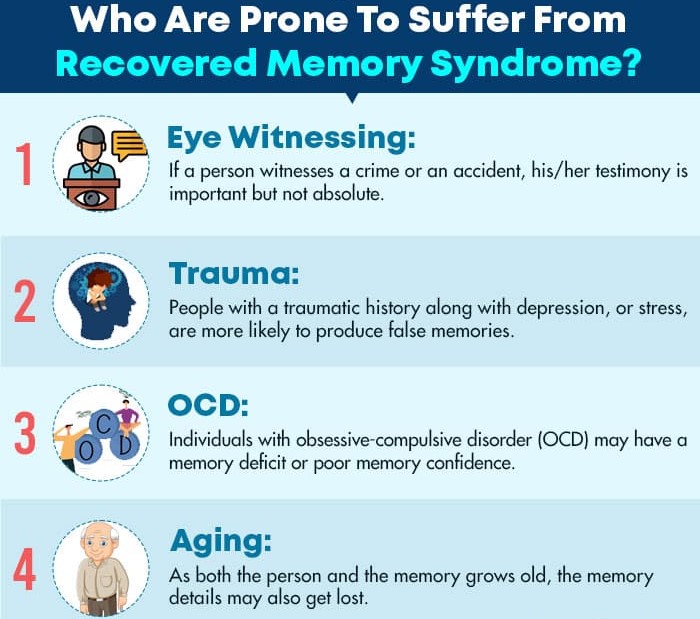
Memory is not a permanent element but flexible and often ever-changing. Certain people or events are more likely to develop recovered memory syndrome. Here are the factors that may play a role in the development of the condition.
1. Eye Witnessing
If a person witnesses 7 Wang, Jianqin & Otgaar, Henry & Smeets, Tom & Howe, Mark & Merckelbach, Harald & Zhuo, Chu. (2018). Consequences of False Memories in Eyewitness Testimony: A Review and Implications for Chinese Legal Practice. Psychological Research on Urban Society. 1. 12. 10.7454/proust.v1i1.15. a crime or an accident, his/her testimony is important but not absolute. It is because experts and law enforcement officials are aware of the fact that memories and remembrances can and do change, either via suggestions or with time. Any gaps in events may be filled in by the person’s memory, converting a substantial recall into a faulty one.
2. Trauma
According to a study 8 Otgaar, H., Muris, P., Howe, M. L., & Merckelbach, H. (2017). What Drives False Memories in Psychopathology? A Case for Associative Activation. Clinical psychological science : a journal of the Association for Psychological Science, 5(6), 1048–1069. https://doi.org/10.1177/2167702617724424 people with a traumatic history along with depression, or stress, are more likely to produce false memories. Negative events may produce more false memories than positive or neutral ones.
3. OCD
Individuals with obsessive-compulsive disorder (OCD) may have a memory deficit or poor memory confidence. They are more likely to create false memories because they don’t have faith in their own memories. This often leads to repetitive or compulsive behaviors that are associated with this disorder.
4. Aging
As both the person and the memory grows old, the memory details may also get lost 9 Schacter DL, Koutstaal W, Norman KA. False memories and aging. Trends Cogn Sci. 1997 Sep;1(6):229-36. doi: 10.1016/S1364-6613(97)01068-1. PMID: 21223912. . The summary of memory becomes stronger, while the details fade away.
Read More About Aging Here
Treatment Of Recovered Memory Syndrome
The only treatment for recovered memory syndrome or false memories is independent evidence that will support or disprove one’s memories. While false memories may look extremely real due to the person’s confidence in them, it doesn’t guarantee authenticity. Additionally, the presence of false memories doesn’t mean one’s memory is bad or that he/she is developing a memory disorder.
The condition can also be treated through a special form of psychotherapy. While there are no official schools of thought that treat or recover memories, however, psychoanalysis has strong roots in the idea of repressed memories. There is a fine line between repressed and suppressed memories. While the first one is done almost consciously, the second one is usually done through some unconscious technique. The suppressed memory is normally associated with sexual or physical abuse done by one of the parents or the caretaker, a traumatic experience for a child to deal with, leading to suppression.
Psychotherapy for the treatment of recovered memory syndrome involves the use of hypnosis, whereby the person is put in a state of extreme relaxation and suggestibility. Despite the fact that hypnosis has been proven not to increase memory recall or increase the likelihood of ‘remembering’ things that did not occur, it is still used by ethically controversial psychotherapists to recover repressed memories.
False Memories Can Occur To Anyone
False memories are not a rare thing and they can happen to anyone. While this fact might sound too incredible to believe, it must be noted that the level can range from small and trivial to something that is extremely serious. However, the good news is that maximum false memories are harmless and it can also occur to a person who typically has a very good memory.
Recovered Memory Syndrome At A Glance
- Recovered memory syndrome also known as false memory syndrome, pseudo memory, and memory distortion, is a condition prevalent among adults.
- False memories are unique as the condition is marked by the distinct recollection of something that did not actually happen.
- Recovered memory syndrome or false memory is assumed to be connected to social anxiety disorder (SAD).
- The only treatment for recovered memory syndrome or false memories is independent evidence that will support or disprove one’s memories.
- False memories are not a rare thing and they can happen to anyone.

